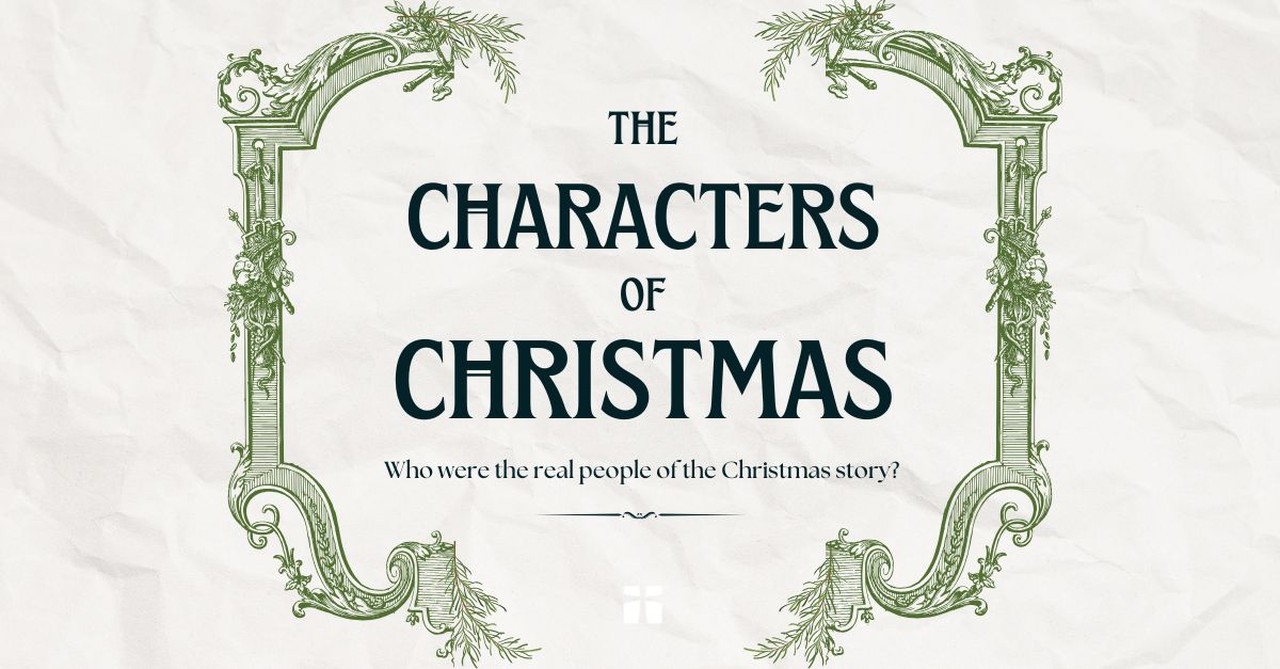Numbers 31:1-17
Israel Takes Vengeance on Midian
311 The Lord spoke to Moses, saying, 2 "Avenge the people of Israel on the Midianites. Afterward you shall be gathered to your people." 3 So Moses spoke to the people, saying, "Arm men from among you for the war, that they may go against Midian to execute the Lord's vengeance on Midian. 4 You shall send a thousand from each of the tribes of Israel to the war." 5 So there were provided, out of the thousands of Israel, a thousand from each tribe, twelve thousand armed for war. 6 And Moses sent them to the war, a thousand from each tribe, together with Phinehas the son of Eleazar the priest, with the vessels of the sanctuary and the trumpets for the alarm in his hand.
7 They warred against Midian, as the Lord commanded Moses, and killed every male. 8 They killed the kings of Midian with the rest of their slain, Evi, Rekem, Zur, Hur, and Reba, the five kings of Midian. And they also killed Balaam the son of Beor with the sword. 9 And the people of Israel took captive the women of Midian and their little ones, and they took as plunder all their cattle, their flocks, and all their goods. 10 All their cities in the places where they lived, and all their encampments, they burned with fire, 11 and took all the spoil and all the plunder, both of man and of beast. 12 Then they brought the captives and the plunder and the spoil to Moses, and to Eleazar the priest, and to the congregation of the people of Israel, at the camp on the plains of Moab by the Jordan at Jericho.
13 Moses and Eleazar the priest and all the chiefs of the congregation went to meet them outside the camp. 14 And Moses was angry with the officers of the army, the commanders of thousands and the commanders of hundreds, who had come from service in the war. 15 Moses said to them, "Have you let all the women live? 16 Behold, these, on Balaam's advice, caused the people of Israel to act treacherously against the Lord in the incident of Peor, and so the plague came among the congregation of the Lord. 17 Now therefore, kill every male among the little ones, and kill every woman who has known man by lying with him.



.jpg)
Matthew Henry's Commentary on Numbers 31:1-17
Commentary on Numbers 31:1-6
(Read Numbers 31:1-6)
All who, without commission from God, dare to execute private revenge, and who, from ambition, covetousness, or resentment, wage war and desolate kingdoms, must one day answer for it. But if God, instead of sending an earthquake, a pestilence, or a famine, be pleased to authorize and command any people to avenge his cause, such a commission surely is just and right. The Israelites could show such a commission, though no persons now can do so. Their wars were begun and carried on expressly by Divine direction, and they were enabled to conquer by miracles. Unless it can be proved that the wicked Canaanites did not deserve their doom, objectors only prove their dislike to God, and their love to his enemies. Man makes light of the evil of sin, but God abhors it. This explains the terrible executions of the nations which had filled the measure of their sins.
Commentary on Numbers 31:7-12
(Read Numbers 31:7-12)
The Israelites slew the Kings of Midian. They slew Balaam. God's overruling providence brought him thither, and their just vengeance found him. Had he himself rightly believed what he had said of the happy state of Israel, he would not have thus herded with the enemies of Israel. The Midianites' wicked wiles were Balaam's projects: it was just that he should perish with them, Hosea 4:5. They took the women and children captives. They burnt their cities and castles, and returned to the camp.
Commentary on Numbers 31:13-18
(Read Numbers 31:13-18)
The sword of war should spare women and children; but the sword of justice should know no distinction, but that of guilty or not guilty. This war was the execution of a righteous sentence upon a guilty nation, in which the women were the worst criminals. The female children were spared, who, being brought up among the Israelites, would not tempt them to idolatry. The whole history shows the hatefulness of sin, and the guilt of tempting others; it teaches us to avoid all occasions of evil, and to give no quarter to inward lusts. The women and children were not kept for sinful purposes, but for slaves, a custom every where practised in former times, as to captives. In the course of providence, when famine and plagues visit a nation for sin, children suffer in the common calamity. In this case parents are punished in their children; and for children dying before actual sin, full provision is made as to their eternal happiness, by the mercy of God in Christ.